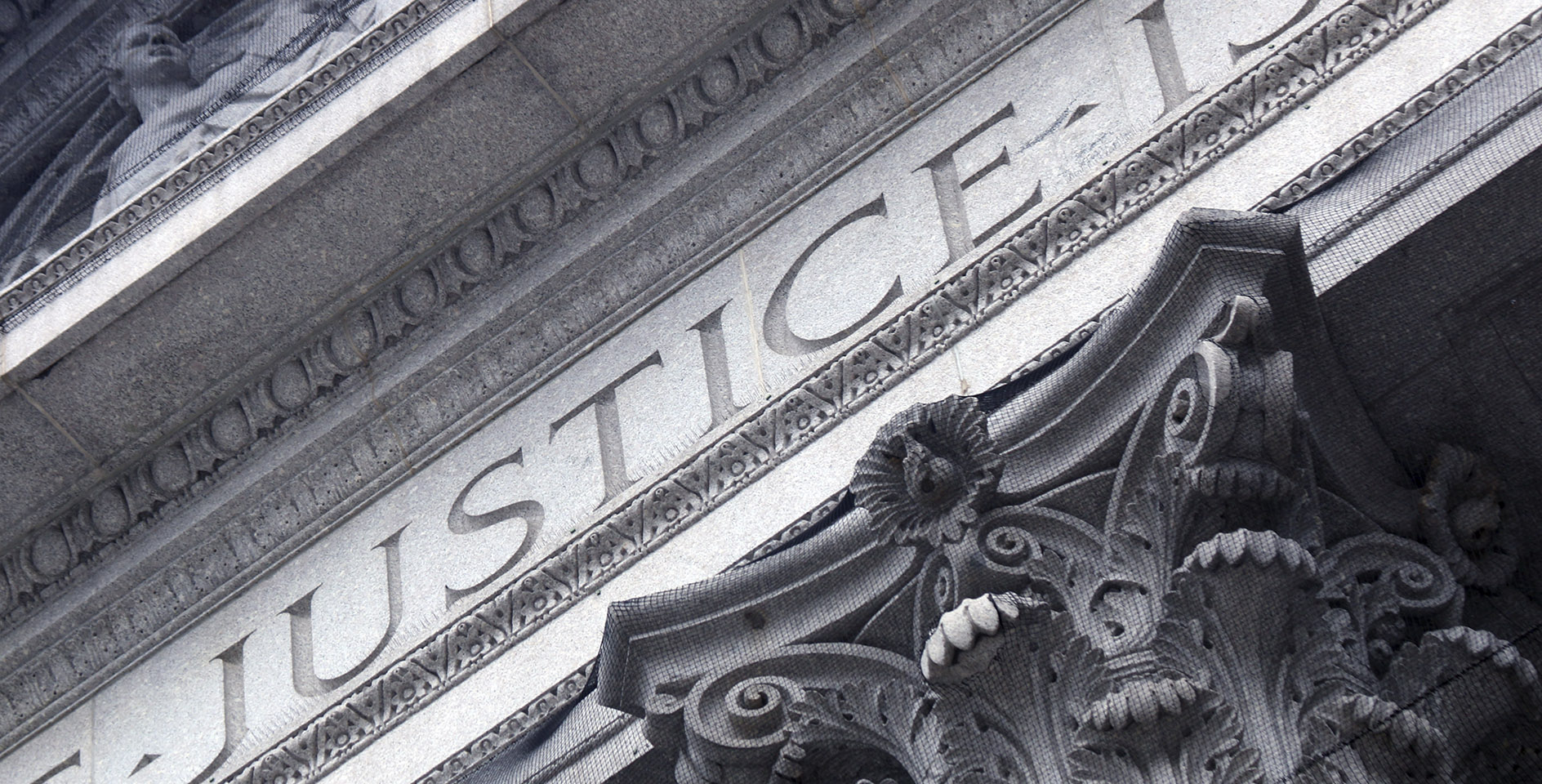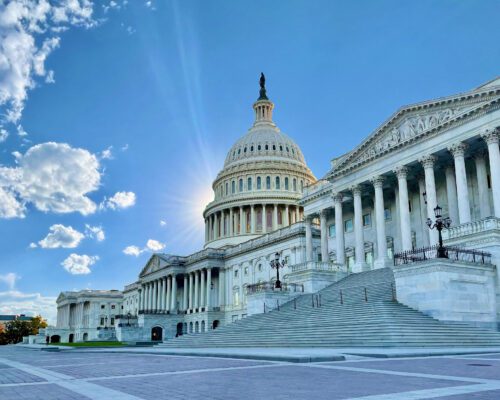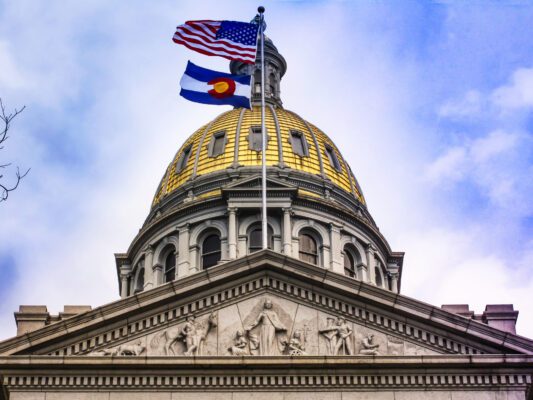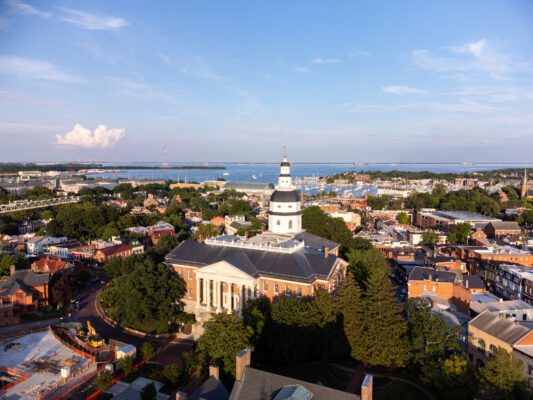The freedom to live according to one’s own deeply held beliefs is one of the best promises of America. Conscience freedom is known as America’s first freedom because it is enshrined in the First Amendment’s first clause, “Congress shall make no law respecting an establishment of religion, or prohibiting the free exercise thereof.” In a recent concurring opinion, Supreme Court Justice Neil Gorsuch wrote that this Clause, “guarantees the free exercise of religion, not just the right to inward belief.” Dr. Russell Moore, president of the ERLC, often notes that, “A government that can pave over the consciences of some can steamroll over dissent everywhere.” The U.S. government’s responsibility is to protect constitutional freedoms.
Government seeks to protect the consciences rights of all Americans through the Weldon Amendment and other provisions in U.S. law. Yet the Department of Health and Human Services (HHS) under the previous administration refused to enforce these laws in several cases involving medical professionals objecting, for religious or moral reasons, to participate in abortion services. A right unenforced is no right at all.
In 2009, nurse Cathy Cenzon-DeCarlo at Mount Sinai Hospital in New York was forced by her superiors to assist in the dismemberment abortion of a 22-week-old baby. When she objected, she was threatened with the loss of her job. Mount Sinai, a recipient of millions in federal funding for research, violated the Church Amendment, a related conscience protection, by coercing nurse DeCarlo to participate in the abortion.
The freedom to live according to one’s own deeply held beliefs is one of the best promises of America.
Another example of abuse, among many others, happened in 2011 when the United States Conference of Catholic Bishops' (USCCB) Migration and Refugee Services was denied an HHS grant renewal for serving survivors of human trafficking. HHS, in a blatant violation of both the Hyde and Weldon amendments, denied this grant because USCCB would not commit to referring their survivor clients to healthcare providers that covered abortion.
HHS failed to protect these conscience-bound Americans. This is especially problematic considering that in USCCB’s case, HHS was the alleged violator. Protecting the right to live according to one’s own deeply held beliefs is too important to leave to political discretion.
The Conscience Protection Act would provide conscience abuse victims the ability to defend their rights with tailored legal remedies. Healthcare professionals need a stated and reasonable legal remedy to defend their freedom of conscience when infringed upon by a superior.
Currently, the only enforcement mechanism should HHS honor a conscience abuse complaint is to eliminate federal funding to the state government or entity in question because the Church, Hyde, and Weldon amendments are “limitation of funds” riders. The elimination of federal funds to an entire state is an unreasonable, and therefore not used, response. This is why new congressional action for conscience protection is important even during a presidential administration friendly to conscience freedom claims.
The Conscience Protection Act is critical to continuing the promise of America’s first freedom.









